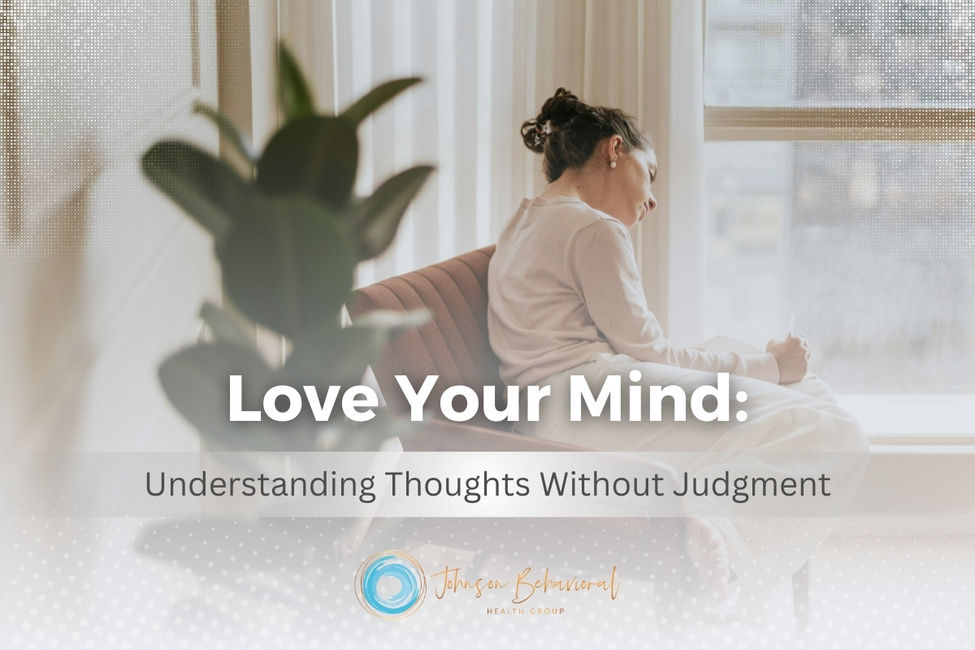Abigail Johnson Discusses the Effects of Daylight Saving Time with KSLA News 12
- Johnson Behavioral Health Group

- Jan 26, 2023
- 2 min read
Updated: Jan 16, 2024

The effects of Daylight Saving Time relating to mental health and the disruption of sleep patterns may vary from person to person. Some individuals are more susceptible to disruptions within their circadian rhythm and behavior during this time of year surrounding Daylight Saving Time.
Recent studies have found that Daylight Saving Time can adversely affect people’s mental health and sleeping patterns. It can cause stress, anxiety, sleep pattern changes, and other mental health issues like depression more than we expected. It also impacts people’s circadian rhythm or our natural human body clock, affecting our sleep quality since it concerns our 24-hour psychological and physical behavior cycle.
During her interview with KSLA News 12 on November 4, 2022, the CEO of Johnson Behavioral Health Group and Mental Health Nurse Practitioner, Abigal Johnson, proved that the signs that this time change has possibly impacted someone are the sights that we typically see. “You’re tossing and turning–the actual number of hours of sleep you’re getting is decreasing, which can lead to memory issues such as brain fog. Like you go into a room, and you don’t know why you get into the room. That can also be a symptom.”
Some of the alarming symptoms are “becoming more irritable because you might not have as much energy; you’re not getting enough sleep. The long-term effects of lack of sleep can be weight gain, feeling anxious, and being on edge throughout the day.”
Even though the clock shifts only one hour at a time during Daylight Saving Time, and people think it’s not a big deal, this short time change can cause significant disruptions in our minds and bodies. These disruptions may affect our sleep cycle, mental health, productivity, and routines. With this, Johnson emphasized the significance of preparing for Daylight Saving Time accordingly.
“Studies have shown that during the transition to Daylight Saving Time, the number of cases of depression has increased by as much as eleven percent (11%). That’s pretty astronomical. So we know that in psychiatry, insomnia can be a symptom of depression and anxiety, but we also know that a simple lack of sleep can cause depression and anxiety as well.”
Daylight saving time is a great idea that has been put into place to help save energy. However, it has many adverse effects on people’s health. Be it an adjustment of sleep schedule after Daylight Saving Time ends or an increased anxiety or stress levels. That’s why it’s essential to prepare for Daylight Saving Time by getting enough sleep, eating healthy, and staying active.




Comments